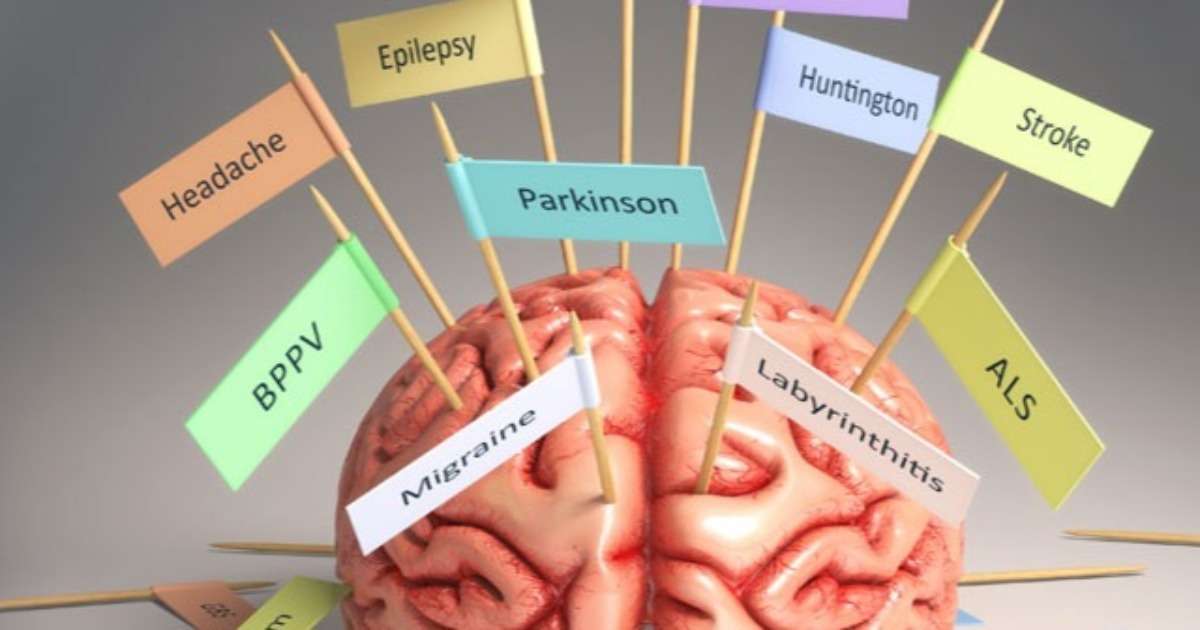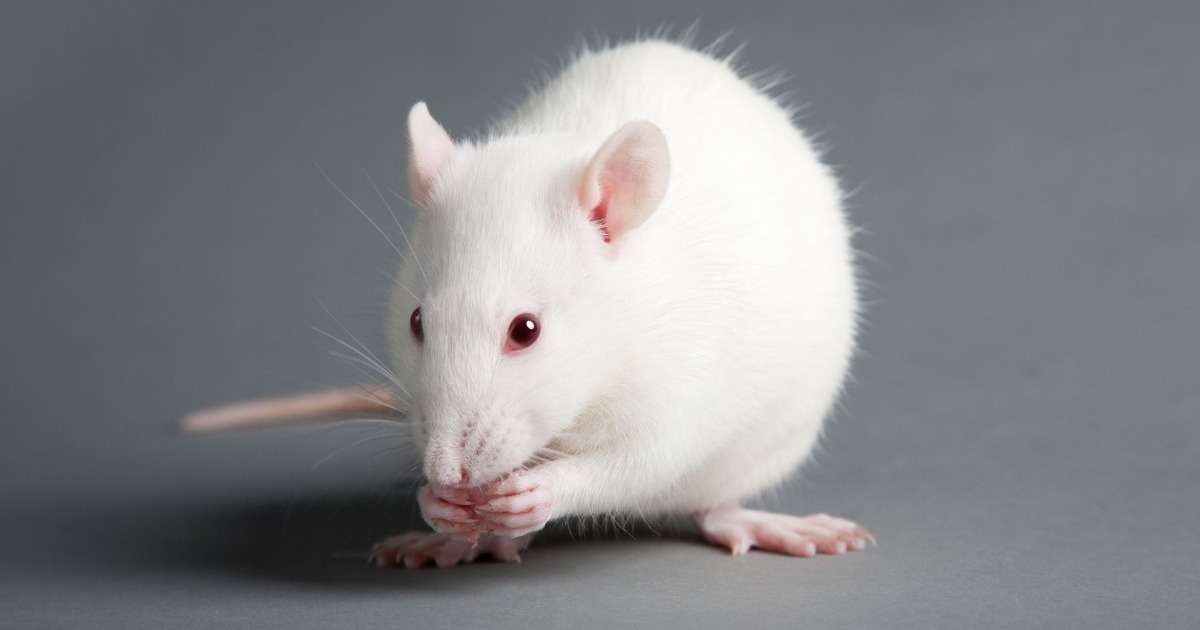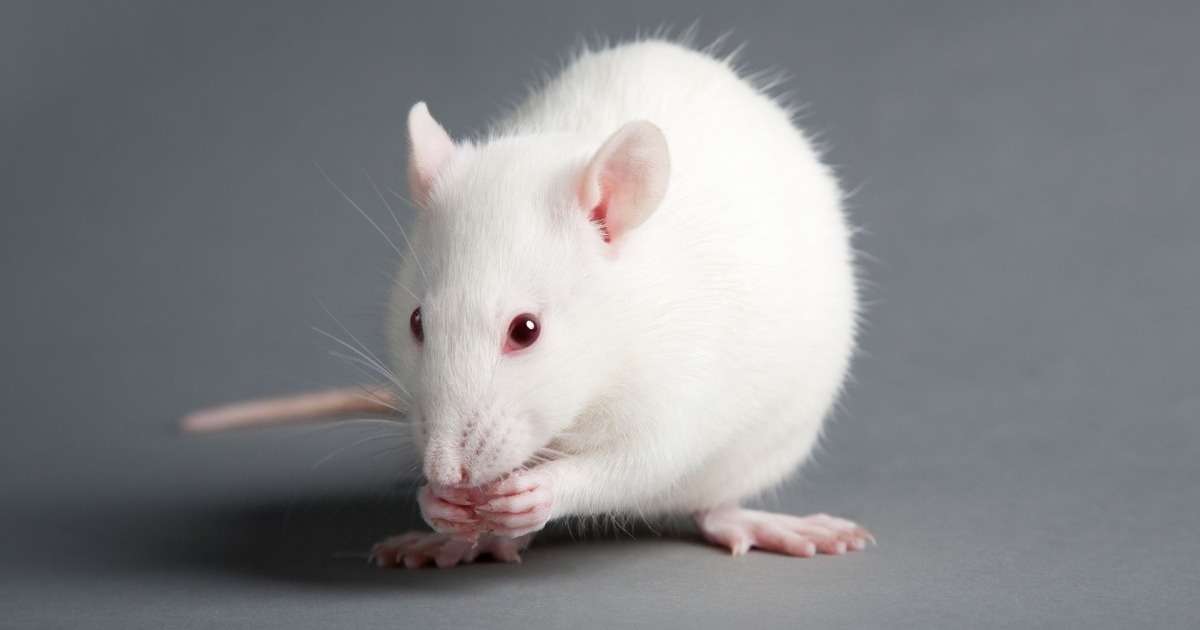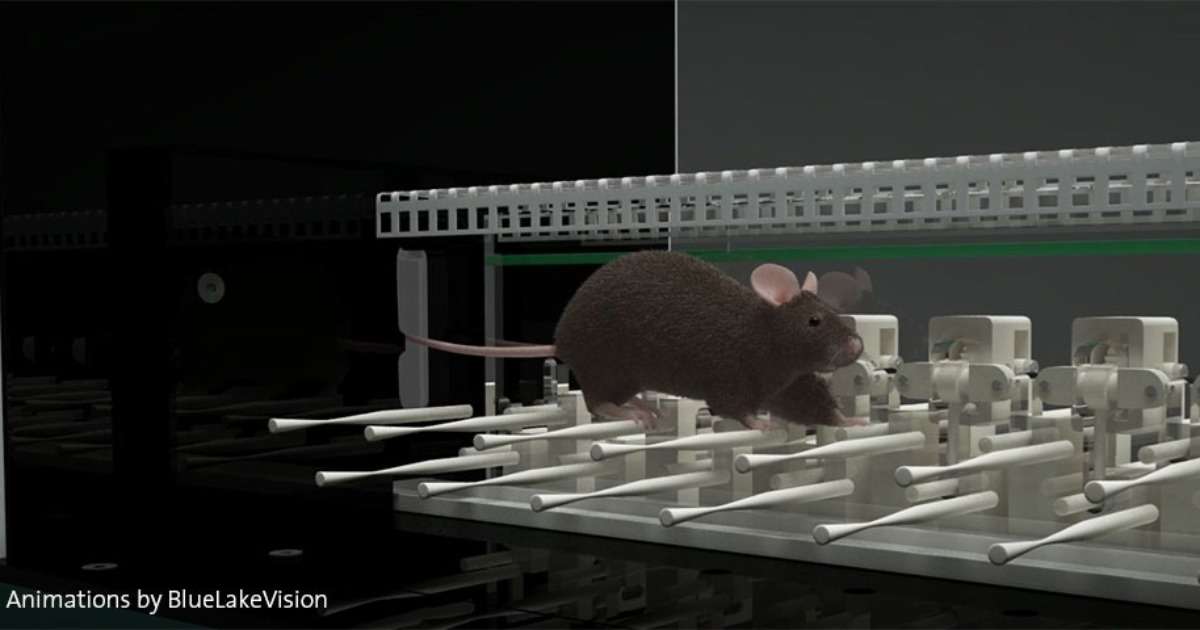Alzheimer's and Parkinson's
Neurodegenerative diseases such as Alzheimer's and Parkinson's are often characterized by changes in cognition, locomotion, and even anxiety. Measuring these outputs in animal (disease) models is crucial for understanding the underlying mechanisms of these diseases, for applications in humans.

Diazepam in the battle against Alzheimer’s
Scientists have found out that a low dose of the tranquilizer diazepam reduces the breakdown of neurons, seen in the development of Alzheimer’s disease.

5 blog posts about brain research
During the annual Brain Awareness Week, international attention focuses on the brain to increase public awareness of the progress and benefits of brain research.

Parkinson's disease research - Relevant measures in pre-clinical studies
Parkinson’s disease: the neurodegenerative disorder that affects mobility in a life-changing way. Learn more about relevant measures in pre-clinical studies.

Alzheimer's research - From prevention research to natural treatment
Experts estimate that by 2050, 100 million people will have Alzheimer’s disease (AD), which is a shockingly large number. Learn more about the research that has been done in order to find a cure.

Using gait analysis to analyze Parkinson’s in rat model
Contrary to common methods, gait analysis can detect clinically relevant symptoms early on, researchers say.

Alzheimer research and the Morris water maze task
First developed in 1981 by Richard Morris, the Morris water maze task is still one of the most popular tests for memory and learning in rodents.

Putative neurorestorative drug for Parkinson’s disease tested in zebrafish
About zebrafish and their important role in finding a cure for Parkinson’s disease.

Spatial and odor memory impaired mice – new model for Alzheimer’s
Plaques and tangles… those of you even remotely familiar with Alzheimer’s disease (AD) will immediately recognize these hallmarks. But they are linked to familial AD, while sporadic AD is far more common.

Dementia symptoms following surgery
This week we have a guest post by Iris Hovens. She has done some really interesting research into the consequences of surgery in terms of reduced memory and concentration problems.

How to study ataxia
Ataxia is a common problem in Parkinson’s disease (PD), and many early onset Alzheimer’s disease patients (AD) also deal with it. Now there is a non-invasive test for mouse models.
